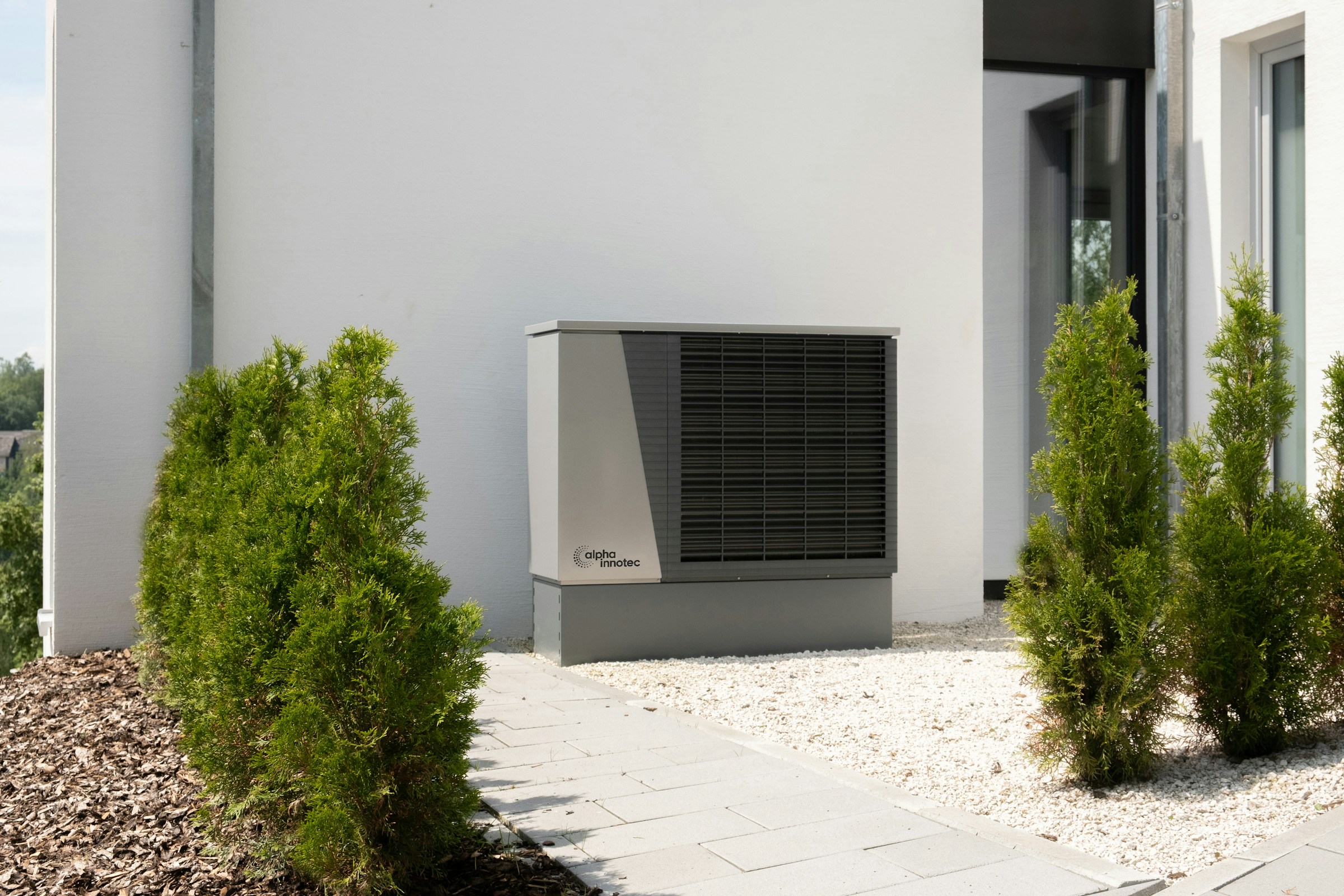Heat pumps are becoming an increasingly popular choice for homeowners in the UK. These devices offer an energy-efficient alternative to traditional furnaces and air conditioners. For those living in coastal areas, choosing the right heat pump is crucial to ensure that the unit performs optimally in a salty air environment and provides efficient and cost-effective heating and cooling. But how do you decide which is the best heat pump system for your coastal house?
Understand the Types of Heat Pumps
Before you can find the best heat pump, it’s essential to understand the different types available on the market.
A voir aussi : How can you implement a solar roof installation on a UK semi-detached house without altering its aesthetic?
Air Source Heat Pumps are the most common type you will encounter. They extract heat from the outside air to heat your home and hot water. They can still operate even when the air temperature falls below freezing.
Ground Source Heat Pumps, also known as geothermal heat pumps, extract heat from the ground. This method is more efficient as the ground temperature is more constant than air temperature. However, it requires a considerable amount of space which might not be available in all properties.
Avez-vous vu cela : What is the most efficient water-saving bathroom design for a UK Victorian townhouse?
Water Source Heat Pumps harness energy from bodies of water like lakes or ponds. This option tends to be less common due to the requirement of a nearby water source.
Each pump has its advantages and disadvantages, and the choice largely depends on the specific circumstances and requirements of your property.
Efficiency and Running Costs
Heat pumps can offer a highly efficient alternative to conventional heating systems. However, their efficiency can vary greatly depending on several factors, which will also impact the running costs.
Heat pumps are rated by their Coefficient of Performance (COP). This is the ratio of heat produced to energy consumed. Generally, a higher COP means a more efficient unit, but it’s also important to consider the Seasonal Performance Factor (SPF), which accounts for variances in temperature throughout the year.
The running costs of the pumps will also depend on the size of your home, the insulation levels, and the desired indoor temperature. Remember that although the initial investment might be higher, a heat pump will generally result in lower energy bills in the long run.
Consider the Installation Requirements
When choosing a heat pump, you need to consider the installation requirements. Air source heat pumps are typically easier and cheaper to install than ground source or water source pumps. However, they tend to be less efficient.
Ground source pumps, while being more efficient, require a significant amount of outdoor space for installation, since the heat is extracted from the ground through a series of buried pipes, known as a ground loop. Moreover, they might require planning permission, which could add extra time and cost to the project.
Water source heat pumps, on the other hand, require access to a body of water, such as a lake or river, which is not always available, particularly in coastal areas.
Weather Conditions and Saline Environment
When choosing a heat pump for a coastal home, consider the weather conditions and the saline environment. Coastal areas can be more windy and rainy, which can affect the performance and durability of an air source pump.
Salt spray and the corrosive nature of the seaside environment can also cause wear and tear to the heat pump unit. Therefore, it’s crucial to choose units that are robust and built to withstand such conditions. Look for models with marine-grade coatings and enhanced corrosion resistance.
Seek Professional Advice
Finally, while this guide provides a broad overview of the factors to consider, every home is unique. Therefore, it is essential to seek expert advice before making a purchase. A professional installer can perform a detailed assessment of your property, consider your specific needs and preferences, and recommend the most suitable system for your home.
Choosing the right heat pump is a significant decision that can greatly affect your home’s comfort levels and energy costs. By taking into account the type of pump, its efficiency and running costs, the installation requirements, and the coastal conditions, you can make an informed choice and enjoy the many benefits that heat pumps have to offer.
Selecting Heat Pump Materials for Your Coastal Home
Opting for the right materials when selecting your heat pump is one factor that should be prioritized especially when building a house in coastal regions. Coastal environments can be tough on materials due to the salty, humid air and other harsh weather conditions. Hence, when planning your home project, you should choose a heat pump that is designed to withstand these conditions.
The materials used in the construction of the heat pump play a crucial role in its durability and longevity. For homes located near the sea, it is recommended to opt for heat pumps with marine-grade coatings that can resist the corrosive effects of salt air. Units made from stainless steel or other corrosion-resistant materials may also be a good choice.
When considering the different types of heat pumps, remember that all types – air source, ground source or water source, will function in these environments, but some may show signs of wear and tear more quickly if not properly maintained. Regular maintenance and the use of anti-corrosive cladding materials can extend the life of your unit.
Understanding the materials used in the construction of your heat pump and how they react to your specific environment will aid in ensuring that your heating system provides efficient heating and cooling for many years. It may seem like a complex task, but this is where articles and guides on house cladding and heat pumps can be a valuable resource.
Conclusion: Making the Best Deal on Your Heat Pump
Choosing a heat pump for your coastal home involves more than just selecting the first option you come across. It requires careful consideration of several factors such as understanding the types of heat pumps, assessing their efficiency and running costs, considering installation requirements, and evaluating the materials used in the heat pump construction against the local weather conditions.
Remember, the key to making the best deal on your heat pump lies in thoroughly researching and understanding your specific needs. You’ll want to consider the size and layout of your house plans, as well as the local climate and any environmental factors such as proximity to the ocean.
Don’t hesitate to seek out professional advice. Experts can provide you with a complete guide to your heating and cooling options, guiding you through everything from the type of heat pump that will be best for your home to the hot water capacity you’ll need. They can also offer advice on potential energy savings and the long-term maintenance of your heating system.
In conclusion, investing in a heat pump is a significant decision that can greatly affect your home’s comfort levels and energy costs. But with careful consideration and planning, you can select a unit that not only meets your needs but also offers efficient, cost-effective heating and cooling for years to come.













